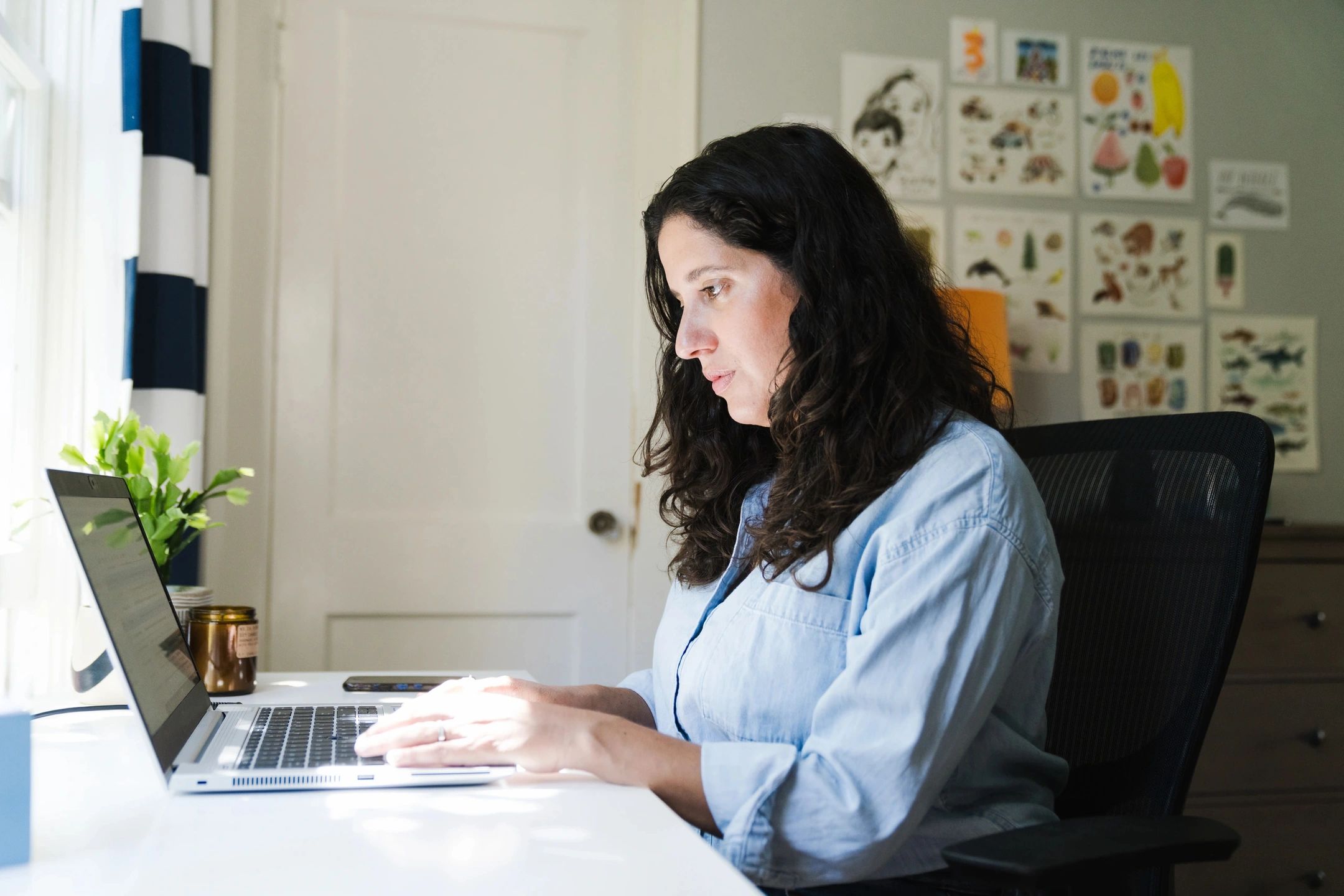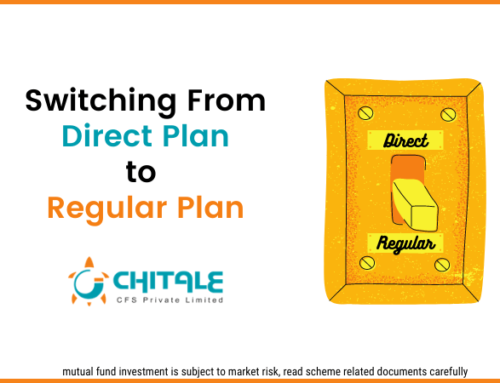Do you have an emergency fund? If not, then it’s time to start building one. The best thing about an emergency fund is that it doesn’t disturb your long-term investment goals.
This means that if something goes wrong in your life, you will always have money to fall back on so you don’t end up with debt!
In this article, we are going to talk about what an emergency fund is and why it is important for your financial stability.
[lwptoc]What is an Emergency Fund?
An emergency fund is money that you have saved up for an unforeseen financial crisis. It can be used to cover expenses like medical bills, house repairs or other unexpected costs.
Having an emergency fund can help protect you from unforeseen events and stop them from turning into financial disasters.
Advantages of Emergency Fund:
You may be wondering why having an emergency fund is a good idea. We’ll go over a few of the many advantages of creating emergency fund:
1) Shield against debt:
Firstly, it can help you stay out of debt.
When something unexpected pops up and your only option is to charge the expense on a credit card or take out a loan, then you’re likely in an unaffordable situation that will lead to more expenses later on.
When this happens over and over again, it can become difficult to get rid of debt and you may find yourself in a cycle where you can’t get ahead.
Having an emergency fund will not only help protect against these situations, but it can also give you the option to pay for such unexpected expenses with your savings instead taking unnecessary loans which means that nothing needs to be paid back later.
2) Shield against your long term investments:
Secondly, having an emergency fund can prevent you from putting your other important financial goals on hold and safeguard your long-term investments strategies.
When there are unforeseen expenses, many people put things like “saving for retirement” or “investing for child education” on the back burner because of lack of funds and urgency.
However, these types of savings should always be a priority to ensure that they don’t get crammed down later when you really need the money.
With an emergency fund, you’ll be able to provide for your other financial goals while still protecting yourself in case of emergencies as it provides a cushion effect against emergencies.
3) Stress Free Life:
Finally, having an emergency fund can help keep stress levels down during sudden financial shocks that happen when you least expect it.
When something unexpected comes up like a medical bill or if you lose your job, you can use your emergency fund to cover the costs without worrying about how it will affect other financial aspects of life.
For example, if an illness in the family is draining money away at a rapid rate and preventing you from paying off debt or saving for retirement, then having an emergency fund ensures that these goals don’t get thrown out the window.
An emergency fund is an excellent tool for protecting yourself against the unexpected, helping you stay out of debt, and keeping your financial goals on track – all while keeping stress levels low as well!
How Emergency Fund Works?
Now that we’ve covered why having one can be so important to financial health, let’s talk about how they work.
First, you’ll need to decide how much money should be in your emergency fund. Chitale CFS recommends to save enough money in emergency fund which can take care of at least six months of your expenses.
It’s best to start small and add more over time while also increasing the amount of contributions that go into it each month. This will help beat the inflation as well as give some extra room for larger unexpected expenses that may come up.
How to build Emergency Fund?
Now that you know how much to save, we need to figure out where it’s best to put the money once your emergency fund is created.
You may want to look into different types of investment options like Fixed Deposits, Recurring Deposits but Debt Mutual Funds suit best for short term goals like an emergency fund as they give relatively good returns than tradition short term investment instruments and also offers easy access to mutual fund investment.
Maintaining Emergency Fund:
Finally, let’s talk about how to maintain your emergency fund once it is created and what you can do if there are unexpected expenses that come up so you don’t have to touch the funds!
To begin with, an emergency fund should be treated as a priority in your financial life. If something goes wrong, you should be able to use this money without hesitation. If it’s not necessary, then don’t touch the funds – there is no point in having an emergency fund if you can’t rely on using it when needed!
What about unexpected expenses that come up? It could be a medical bill or job loss. In these situations, you can use your emergency fund to cover the costs without worrying about it draining away all of your savings.
It’s important that if something goes wrong and it isn’t a true emergency where you would need immediate assistance, then take care of whatever needs fixed with other funds from another source!
Final Thoughts:
Having an emergency fund can be incredibly helpful for protecting yourself against unexpected costs, keeping your savings on track, and staying out of debt when unforeseen expenses come up.
Creating an emergency fund is the first step of financial planning. One should take aside or invest in emergency fund even before setting the financial goals.
By starting small but increasing contributions over time to the amount you want in your emergency funds while also considering different types of accounts that are high yield with ease-of-access makes building an emergency fund easier.





